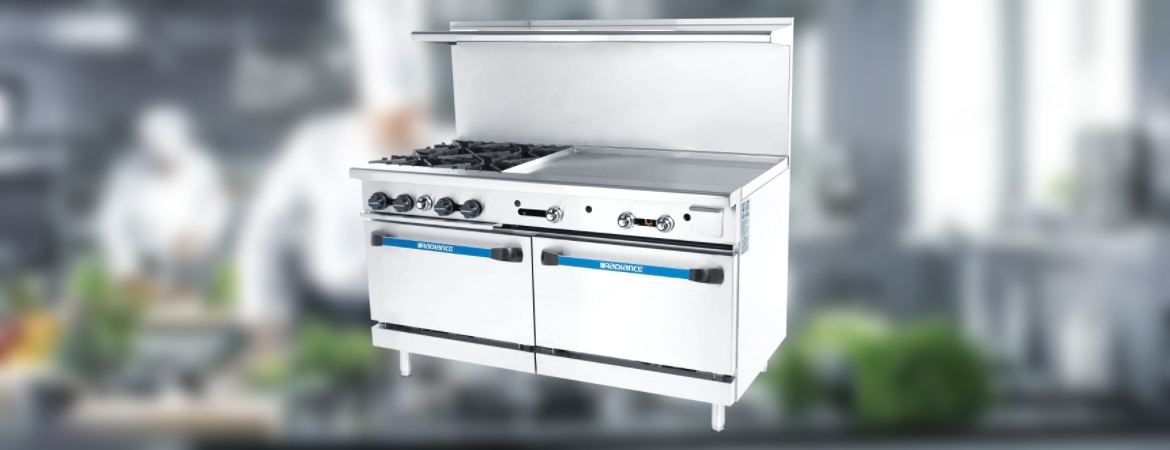Commercial Turbo Air Range Rust or corrosion on exterior or interior surfaces

Rust or corrosion on the exterior or interior surfaces of a Commercial Turbo Air Range can be indicative of various underlying issues, potentially compromising the appliance’s performance and longevity. The presence of rust or corrosion may stem from exposure to moisture, improper cleaning methods, or the quality of materials used in construction.
- One common cause of rust or corrosion on the exterior surfaces of a Commercial Turbo Air Range is prolonged exposure to moisture, especially in humid environments or if the range is located near areas prone to water splashes, such as sinks or dishwashers. Additionally, using harsh chemical cleaners or abrasive cleaning tools can strip away protective coatings and expose the metal surfaces to oxidation, leading to rust formation.
- Similarly, rust or corrosion may develop on the interior surfaces of the range, particularly in areas that come into direct contact with food or liquids during cooking. Spills, drips, or food residues left uncleaned can promote corrosion over time, especially if the interior surfaces are not made of corrosion-resistant materials.
DIY Solutions:
Fortunately, there are several DIY solutions and preventive measures that can help address and prevent rust or corrosion on Commercial Turbo Air Ranges. Regular cleaning and maintenance are key to preventing rust formation. Use mild, non-abrasive cleaners and soft cloths to clean the exterior and interior surfaces of the range, avoiding harsh chemicals that can accelerate corrosion.
For existing rust or corrosion, gentle abrasives like baking soda or vinegar can be used to remove surface stains, followed by thorough rinsing and drying to prevent further oxidation. Applying a protective coating, such as wax or a specialized appliance sealant, can help prevent future rust formation and prolong the lifespan of the range.
Preventive Maintenance:
In terms of preventive maintenance, it’s important to inspect the range regularly for signs of rust or corrosion and address any issues promptly. Keep the range dry and well-ventilated to minimize moisture buildup, and avoid leaving spills or food residues uncleaned. Additionally, consider investing in a quality range hood or ventilation system to reduce exposure to moisture and humidity in the cooking area.
By implementing these DIY solutions and preventive measures, you can effectively manage and prevent rust or corrosion on your Commercial Turbo Air Range, ensuring optimal performance and longevity for years to come.